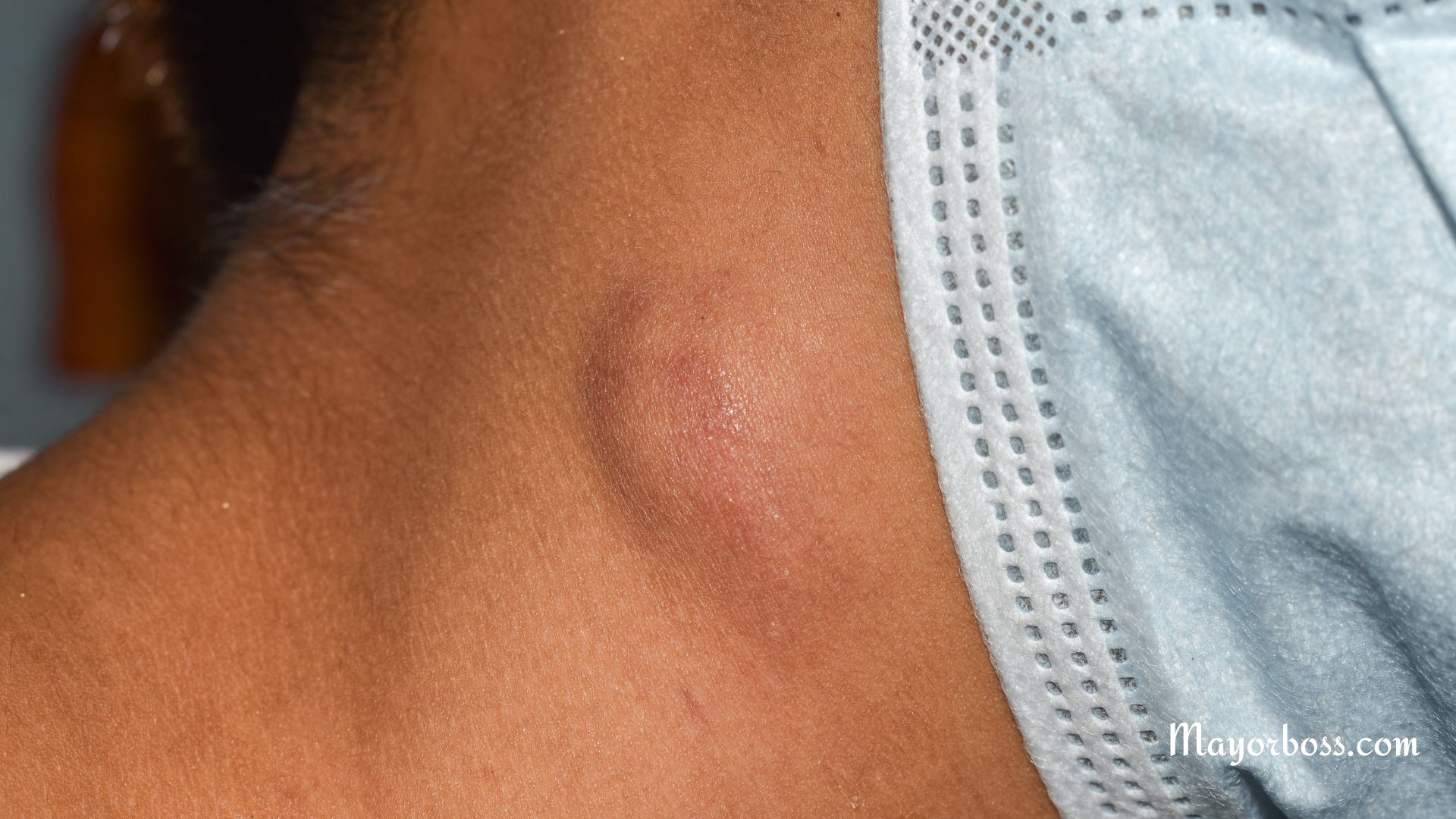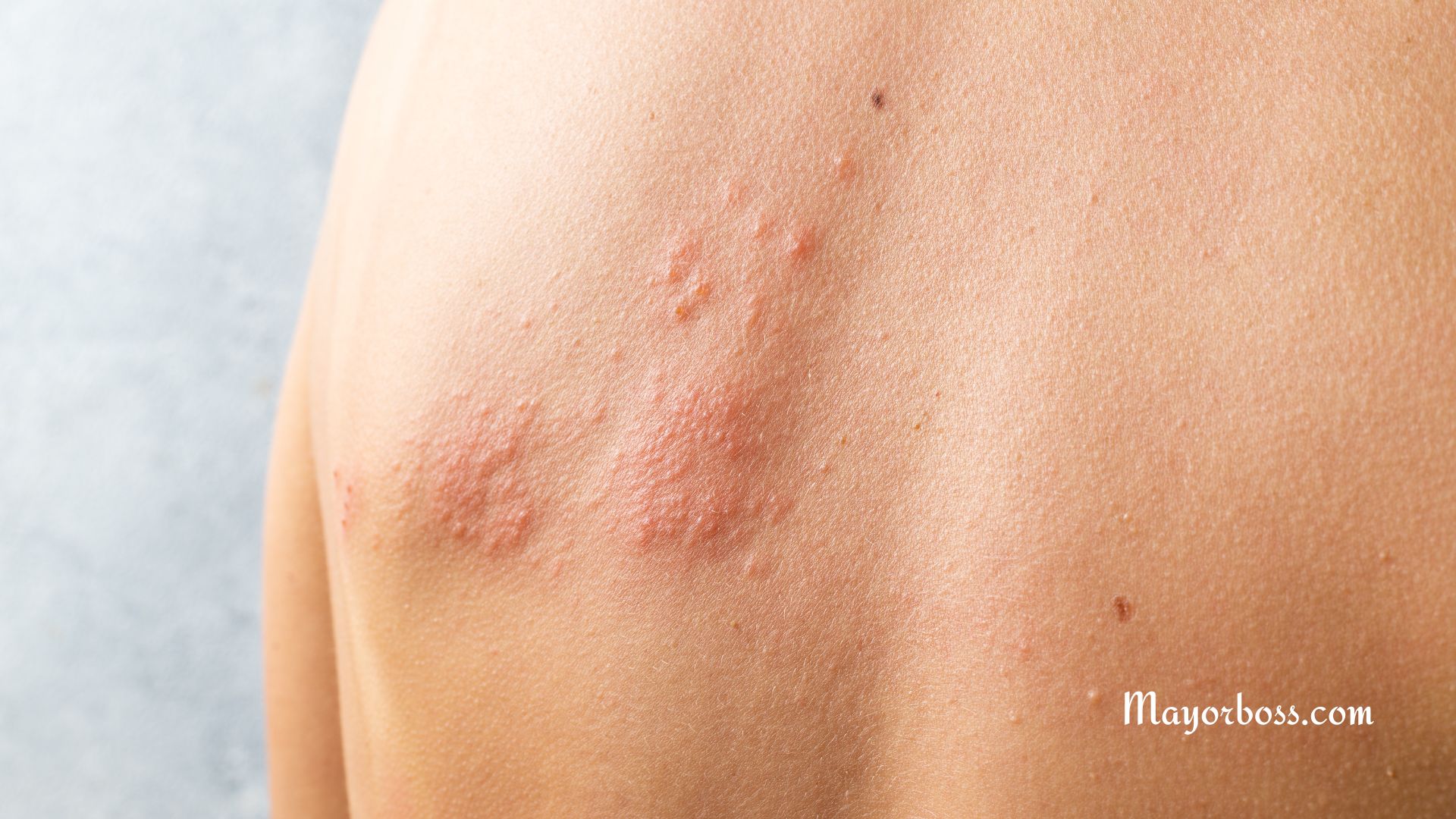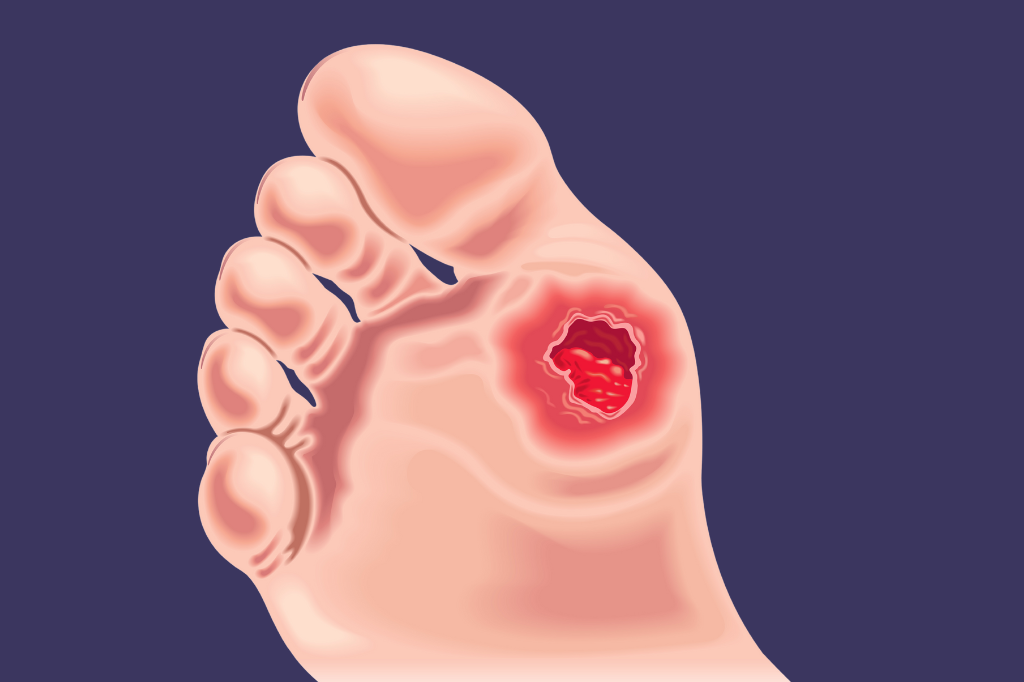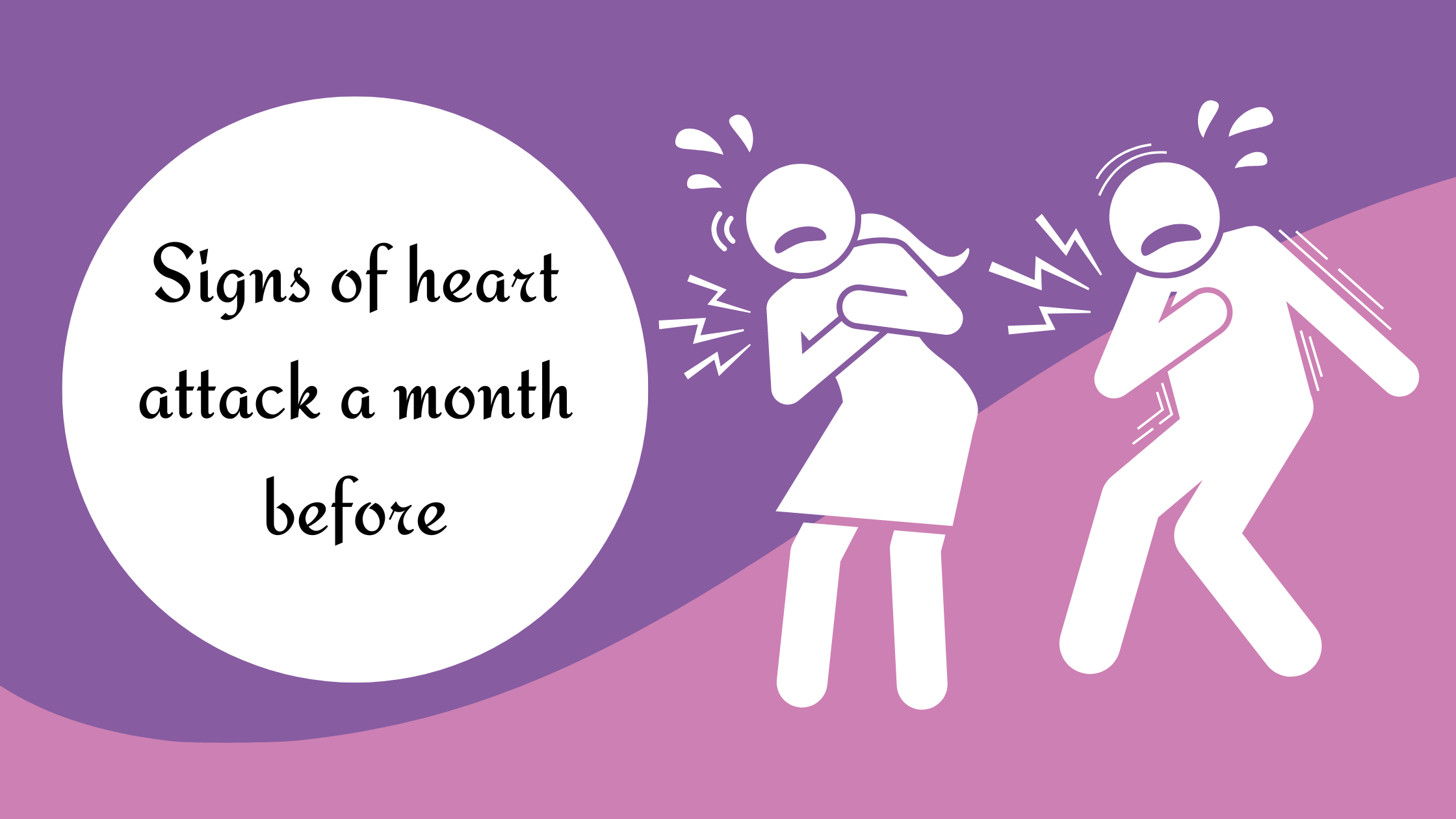What is Respiratory Syncytial Virus Infection (RSV)?
What is Respiratory Syncytial Virus Infection (RSV)?
Respiratory Syncytial Virus Infection, commonly known as RSV, is a viral infection that primarily affects the lungs and respiratory tract. It’s especially common in infants and young children but can also affect adults. Symptoms often resemble those of a common cold and may include cough, runny nose, and fever. In severe cases, it can cause bronchiolitis and pneumonia, requiring hospitalization.
What Causes RSV?
RSV is caused by the Respiratory Syncytial Virus. This virus spreads easily through respiratory droplets when an infected person coughs or sneezes. Additionally, you can contract the virus from contaminated surfaces like doorknobs and then touching your face.
How Does it Spread?
RSV is highly contagious. It usually spreads when you’re in close contact with an infected person. Here’s how you can catch it:
- Inhalation of droplets from coughs or sneezes
- Direct contact, such as shaking hands
- Touching contaminated objects and then touching your nose or mouth
Symptoms to Watch For
Symptoms of RSV can vary depending on age and overall health. For most people, symptoms are generally mild.
In Infants and Young Children
In Adults
- Cough
- Sore throat
- Headache
- Fatigue
- Wheezing
- Fever
- Decrease in appetite

When to Seek Medical Help?
If you or your child show signs of severe symptoms, it’s crucial to get medical help immediately. Severe symptoms may include:
- Difficulty breathing
- High fever
- Bluish color of the skin, particularly on the lips and fingernails
Diagnosis and Treatment
Diagnosis usually involves a review of symptoms and medical history. Sometimes, additional tests like a chest X-ray or a nasal swab may be required.
Treatment
- Rest and hydration are key for recovery.
- Over-the-counter medications can alleviate symptoms like fever and cough.
- In severe cases, hospitalization may be necessary for oxygen therapy or intravenous fluids.
Prevention
There is currently no vaccine for RSV. However, certain antiviral medications are clinically proven to help in severe cases.
Simple Preventive Measures
- Frequent handwashing
- Disinfecting commonly touched surfaces
- Avoiding close contact with infected individuals
So, the more you know about RSV, the better you can protect yourself and your loved ones from this common but sometimes serious respiratory illness.
Frequently Asked Questions
What is the Most Common Age Group Affected by RSV?
Infants and young children are the most commonly affected by RSV. In fact, most children will have been infected with the virus by the time they are two years old. However, it can also affect older adults, particularly those with compromised immune systems or existing lung conditions.
How Long Does RSV Last?
The symptoms of RSV generally last for about a week in healthy adults. For infants, young children, or older adults, the infection can last longer and may be more severe. If you or your child experience prolonged or worsening symptoms, it’s essential to consult a healthcare provider.
Is RSV Seasonal?
Yes, RSV is a seasonal virus. It typically occurs in the fall and winter months. During these seasons, it’s particularly important to take preventive measures such as washing your hands frequently and avoiding close contact with people who are sick.
Can You Get RSV More Than Once?
Unfortunately, yes. Your body doesn’t build long-lasting immunity to RSV, so you can get infected more than once. Subsequent infections are generally less severe than the first one, but they can still be serious in older adults and people with weakened immune systems.
Are There Any Complications Associated with RSV?
In severe cases, RSV can lead to more serious respiratory illnesses like bronchiolitis and pneumonia. These complications often require hospitalization and can be life-threatening for infants, older adults, or individuals with compromised immune systems. Therefore, it’s crucial to monitor symptoms and seek medical help if they worsen.






